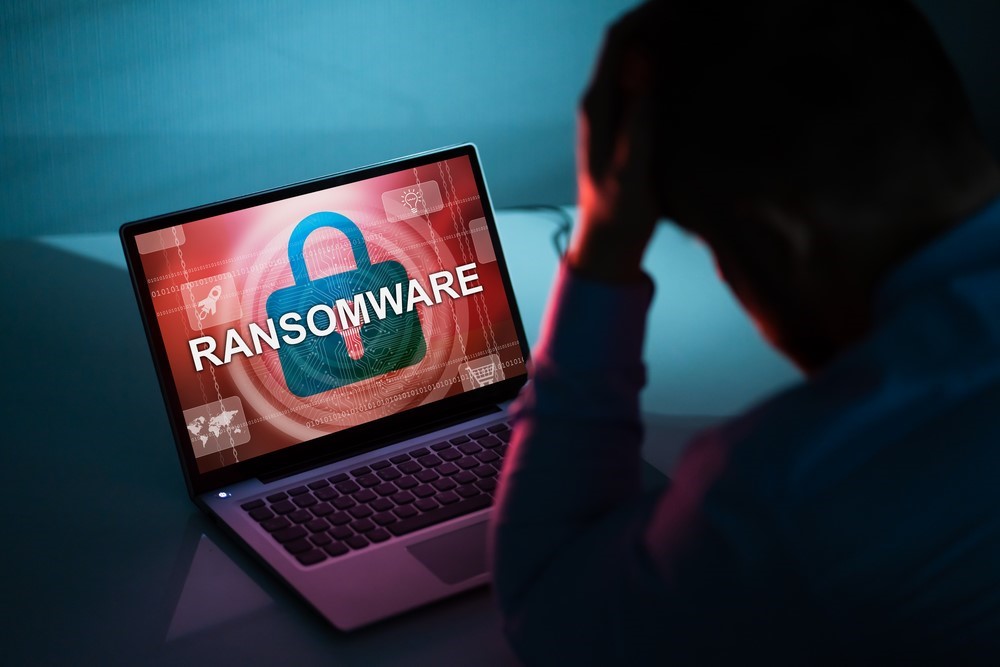
Backup Solutions For Ransomware Incidents

Backup Solutions for Ransomware Incidents
Ransomware threatens data and operations. Strong backups are vital to counter this threat and ensure data recovery. Regular backup and strategic planning minimize ransomware impact. This article highlights backup's significance, importance in ransomware incidents, and effective data backup considerations.
The Importance of Backup Solutions for Ransomware Incidents
Backup solutions play a crucial role in ransomware incident recovery for the following reasons:
- Data Recovery: Backup solutions enable businesses to restore encrypted or lost data from a secure and unaffected backup source, minimizing data loss and downtime.
- Ransomware Mitigation: Having a recent backup ensures that businesses have the option to recover their data without paying the ransom, mitigating the financial impact of ransomware attacks.
- Operational Continuity: With a backup solution in place, businesses can quickly restore critical systems and resume operations, minimizing disruptions and maintaining productivity.
- Data Integrity: Regular backups preserve data integrity by providing clean and uncorrupted copies of files, ensuring that businesses have access to accurate and reliable information.
- Compliance Requirements: Backup solutions help businesses meet regulatory compliance requirements by ensuring data availability, confidentiality, and integrity.
- Peace of Mind: Having a reliable backup solution in place provides peace of mind, knowing that data can be recovered in the event of a ransomware incident, reducing stress and anxiety.
Considerations for Effective Data Backup
When implementing backup solutions for ransomware incidents, businesses should consider the following key aspects:
- Backup Frequency: Determine the appropriate backup frequency based on the criticality of data and the frequency of changes. Regular backups minimize data loss.
- Backup Locations: Store backups in separate locations, preferably offline or in isolated environments, to prevent ransomware attacks from compromising backup data.
- Data Encryption: Encrypt backup data to ensure its confidentiality and protect it from unauthorized access.
- Testing and Verification: Regularly test and verify the integrity and accessibility of backup data to ensure its recoverability in case of an incident.
- Version Control: Maintain multiple versions of backups to enable restoration to different points in time, providing flexibility in data recovery.
- Automation: Implement automated backup solutions to ensure backups are performed consistently and without human error.
- Offsite Storage: Consider cloud-based backup solutions that offer offsite storage, ensuring data redundancy and protection against physical damage or theft.
- Backup Monitoring: Regularly monitor backup processes and receive alerts for any potential issues or failures to take immediate action.
- Security Measures: Implement robust security measures to protect backup systems and storage from unauthorized access, ensuring the integrity of backup data.
Conclusion
Implementing backup solutions is crucial for businesses to protect against ransomware incidents and ensure data recovery in case of an attack. By considering key aspects such as backup frequency, locations, encryption, testing, and automation, businesses can effectively mitigate the impact of ransomware attacks and maintain operational continuity.